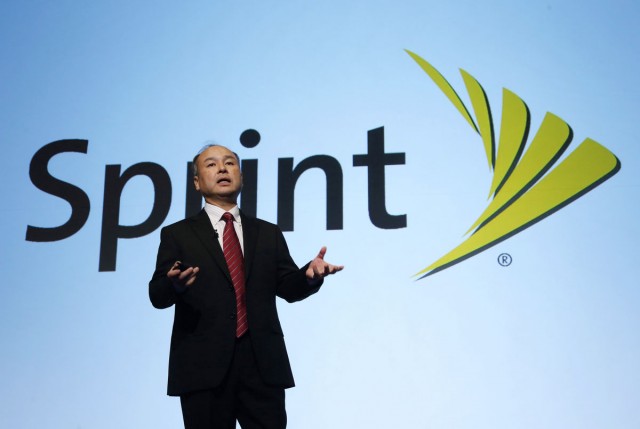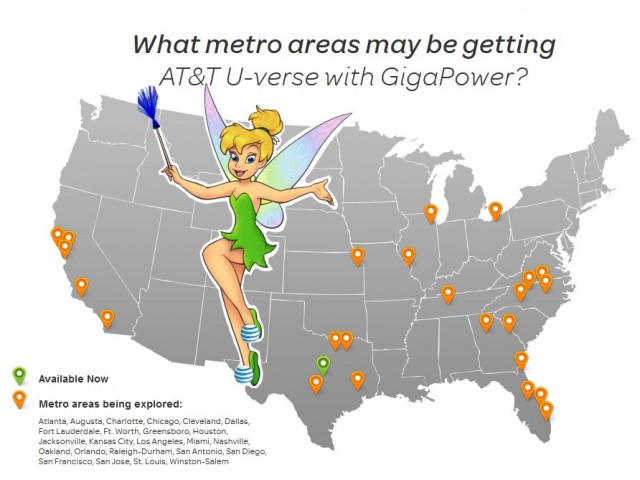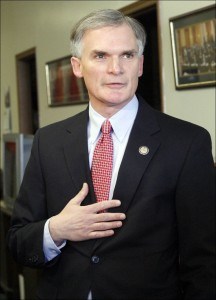
Official merger announcement due next month.
Several media reports breaking this evening report Softbank/Sprint is close to a deal to acquire majority interest in Deutsche Telekom’s T-Mobile USA in a deal that will combine the two carriers under the Sprint brand.
Bloomberg News reports Sprint has offered $40 a share for Deutsche Telekom’s T-Mobile USA — 50% in cash and 50% in stock. The deal will leave the German wireless carrier with a 15% minority ownership stake in the combined company. Sprint would still dwarf both Verizon Wireless and AT&T and would continue to be hampered by significant coverage caps in suburban and rural areas that neither Sprint or T-Mobile’s home networks cover.
The deal includes a breakup fee payable by Sprint if the merger is blocked by regulators or fails to be executed. Sprint reportedly offered $1 billion in cash and assets if the deal falls through, but Deutsche Telekom is reportedly seeking as much as $3 billion.

Masayoshi Son
Bloomberg News previously reported a deal would probably be announced in June or July. It’s possible a deal announcement could slip into August, a source told Bloomberg. If no deal is reached by then, the sides are likely to stop negotiations for several years and wait for a new U.S. presidential administration more amenable to consolidation.
Billionaire Masayoshi Son, the founder of Japan-based SoftBank, which owns 80 percent of Sprint, faces skeptical regulators who are wary about eliminating one of four national wireless competitors. But in the last few days, executives at Sprint and Deutsche Telekom believe they can get the deal passed regulators preoccupied with a flurry of merger announcements, including Time Warner Cable and Comcast and AT&T and DirecTV. With a tidal wave of consolidation sweeping across the American telecommunications market, some industry insiders believe groups opposed to such deals will be overwhelmed trying to stop all of them.
More importantly, the issue of wireless spectrum was a key motivator to push the two companies towards a quick deal.
The Wall Street Journal reports the FCC originally considered barring AT&T and Verizon Wireless from bidding on airwaves that would have been set aside for smaller carriers. But a fierce lobbying effort by AT&T successfully nixed that plan and slashed the amount of spectrum available exclusively to smaller carriers. Sprint and T-Mobile believe the FCC’s decision gives them an opening to argue the government needs to allow a merger because it isn’t doing enough to help them compete.

Rosenworcel
Another welcome sign for Sprint and T-Mobile is Democratic FCC commissioner Jessica Rosenworcel, who saw nothing wrong with holding private meetings with Wall Street insiders, telling them she would keep “an open mind” when considering the merger. With both Republican commissioners almost certain to approve a merger and Thomas Wheeler and Mignon Clyburn — both Democrats — likely opposed, Rosenworcel may have signaled she holds the deciding vote.
Prior to 2011, wireless consolidation was rampant, with an FCC predisposed to almost rubber stamping approval of buyouts and mergers. That changed in 2011 when AT&T tried to buy T-Mobile. It was the U.S. Justice Department, not the FCC, that led the charge against the deal, calling it anti-competitive. The Justice Department was vindicated when T-Mobile promptly launched new competitive service plans and pricing that forced price reductions and plan improvements from its competitors. T-Mobile has seen dramatic growth since launching its aggressively competitive service plans.
Sprint will likely claim T-Mobile’s competitive gains are illusory and will never offer a real competitive challenge to AT&T and Verizon’s market dominance. Despite the fact the combined company would still be far smaller than either AT&T or Verizon Wireless, Sprint is expected to argue it will be better positioned to fiercely compete for customers.
That argument is tempered by the fact that competition in the prepaid wireless market — already diminished by AT&T’s acquisition of Leap Wireless’ Cricket — will suffer even more if Sprint and T-Mobile, both major competitors in the prepaid market, are combined.
[flv]http://www.phillipdampier.com/video/Bloomberg Sprint T-Mobile Near Accord on Price Breakup Fee 6-4-14.flv[/flv]
Sprint is nearing an agreement on the price, capital structure and termination fee of an acquisition for T-Mobile US that could value the wireless carrier at almost $40 a share, people with knowledge of the matter said. Alex Sherman has more on Bloomberg Television’s “Taking Stock.” (2:34)


 Subscribe
Subscribe


 CenturyLink does not believe it will face much of a competitive threat from AT&T and Verizon’s plans to decommission rural landline service in favor of fixed wireless broadband because the two companies’ offers are too expensive, overly usage-capped and too slow.
CenturyLink does not believe it will face much of a competitive threat from AT&T and Verizon’s plans to decommission rural landline service in favor of fixed wireless broadband because the two companies’ offers are too expensive, overly usage-capped and too slow.



 Guess not. The Internet should only be about business in Latta’s mind. Consumers that support Net Neutrality are nothing more than parasites sucking away valuable potential profits from the dynamic, flexible and innovative world of traffic shaping, usage caps, and double-dipping.
Guess not. The Internet should only be about business in Latta’s mind. Consumers that support Net Neutrality are nothing more than parasites sucking away valuable potential profits from the dynamic, flexible and innovative world of traffic shaping, usage caps, and double-dipping.